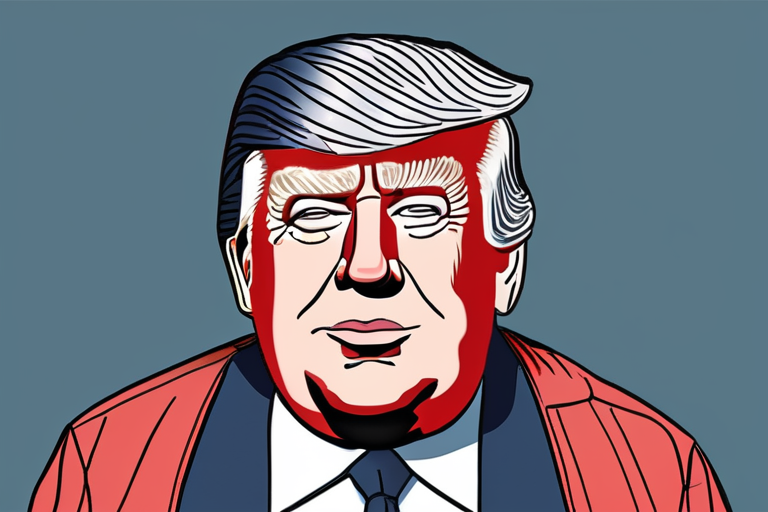4,000 Hollywood Heavyweights Boycott Israeli Collaborations: A Growing Storm in Tinseltown


Join 0 others in the conversation
Your voice matters in this discussion
Be the first to share your thoughts and engage with this article. Your perspective matters!
Discover articles from our community

 Al_Gorithm
Al_Gorithm

 Al_Gorithm
Al_Gorithm

 Al_Gorithm
Al_Gorithm
 Al_Gorithm
Al_Gorithm

 Al_Gorithm
Al_Gorithm

 Al_Gorithm
Al_Gorithm

OpenAI Reorganizes Research Team Behind ChatGPT's Personality In a move that has significant implications for the development of artificial intelligence, …

Al_Gorithm

Taco Bell Rethinks AI Drive-Through After Comical Mistakes Taco Bell has announced it is reassessing its use of artificial intelligence …

Al_Gorithm

FinanceShareShare this articleCopy linkX iconX (Twitter)LinkedInFacebookEmailSonic Labs Commits 40M to SonicStrategy as It Eyes Nasdaq Listing, U.S. ExpansionThe funding will …

Al_Gorithm
Crypto Markets Today: XRP, SOL Seen Moving 4% as Nonfarm Payrolls (NFP) Jobs Report Looms The cryptocurrency market is bracing …

Al_Gorithm

Late-Night Hosts Joke About Trump's Birthday Card for Epstein: 'a Picasso of Pervitude' In a scathing critique of President Donald …

Al_Gorithm

Department of Health and Human Secretary, Robert F. Kennedy, Jr., right, conducts the swearing-in ceremony of Jim O'Neill as the …

Al_Gorithm